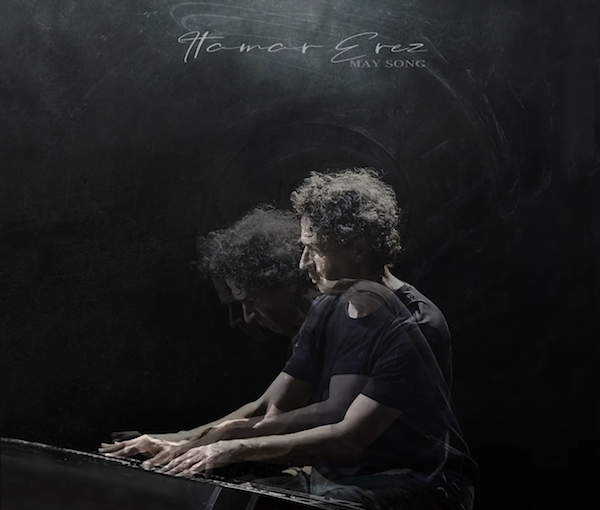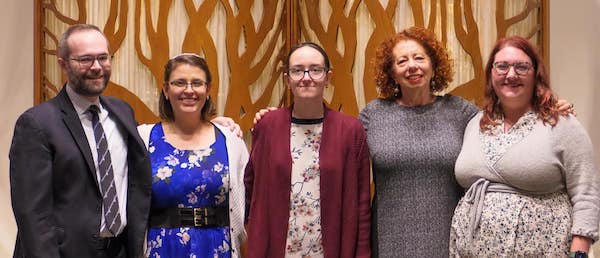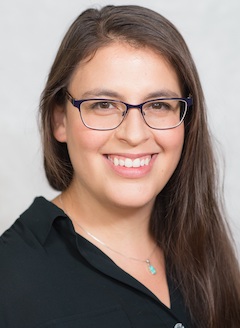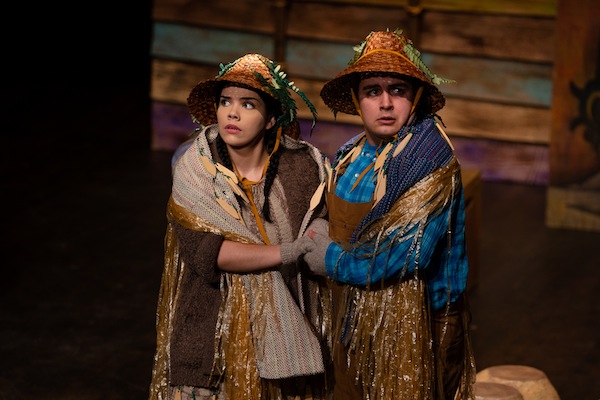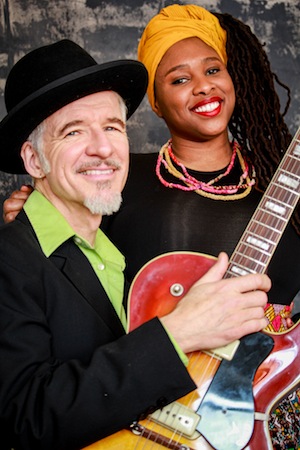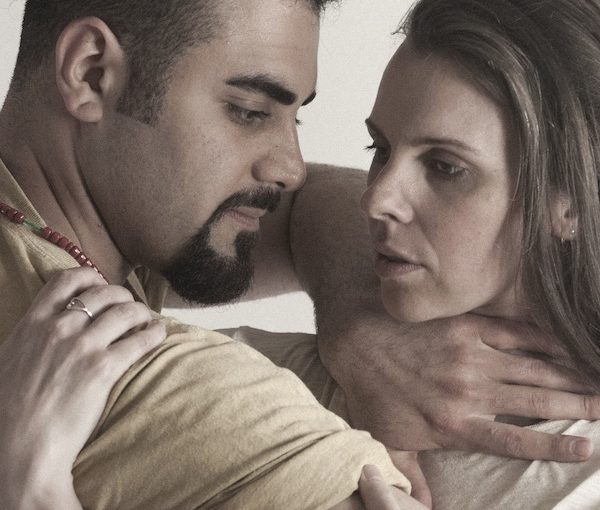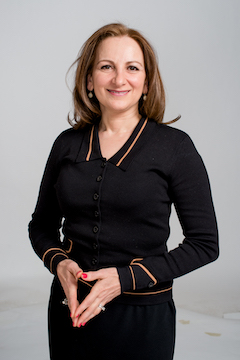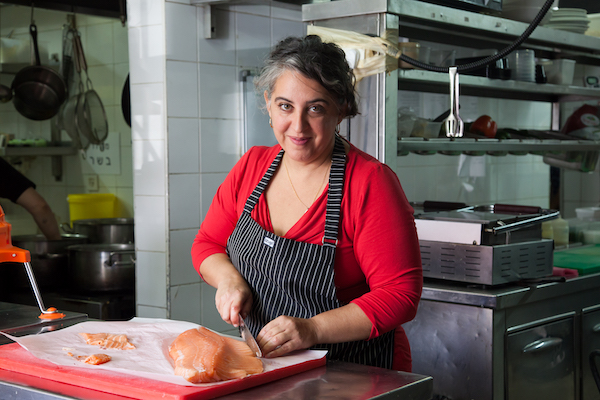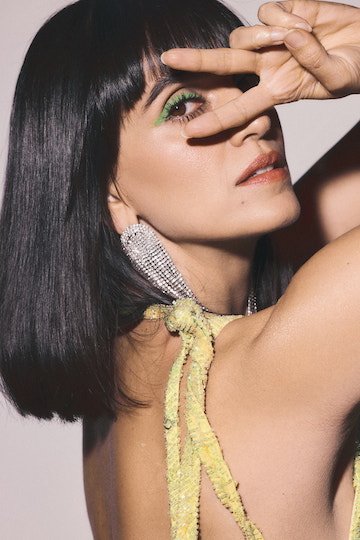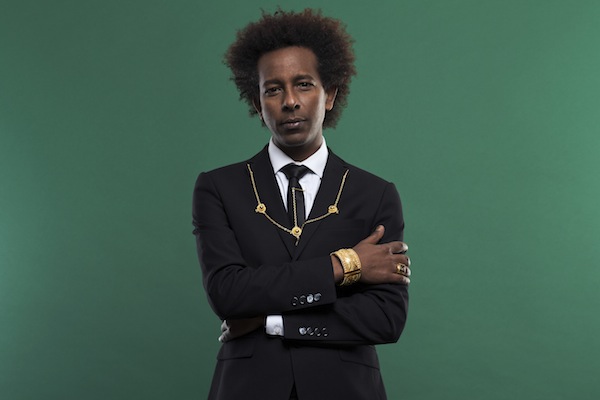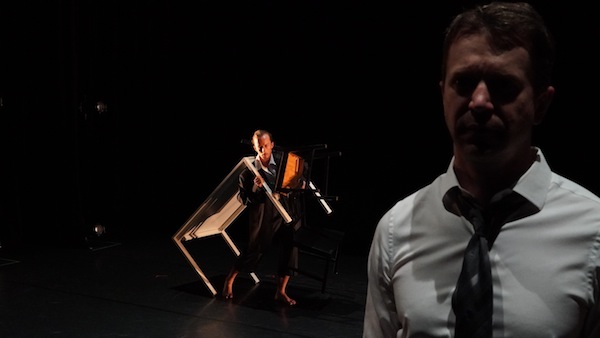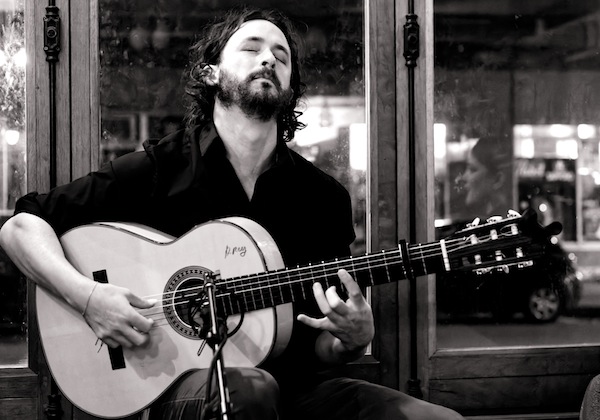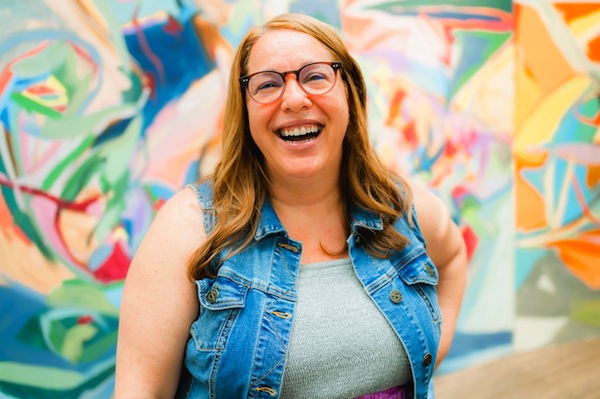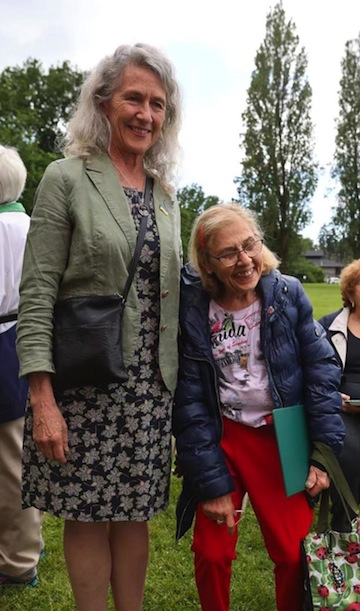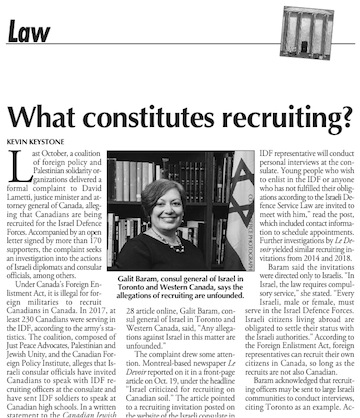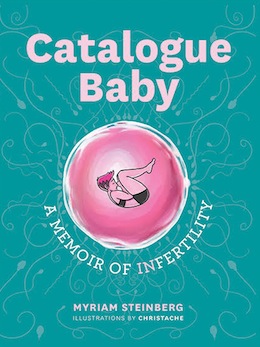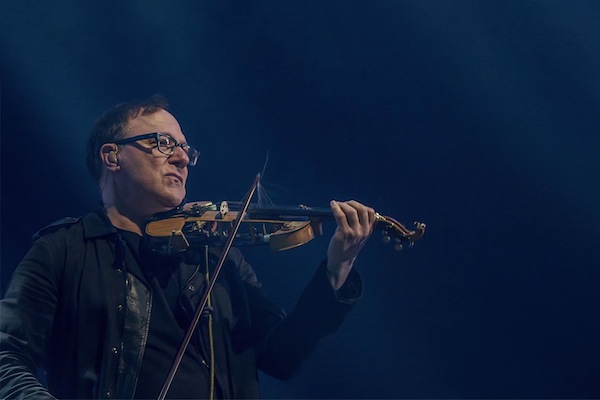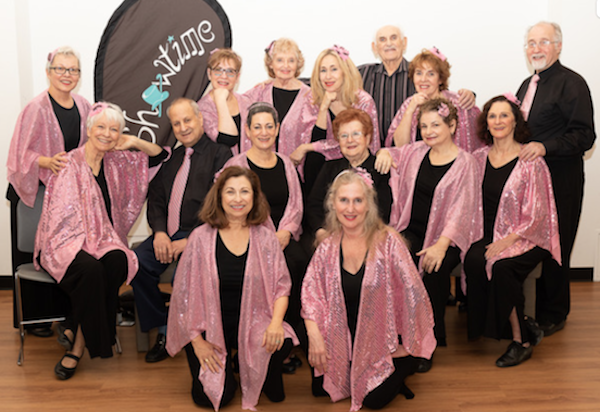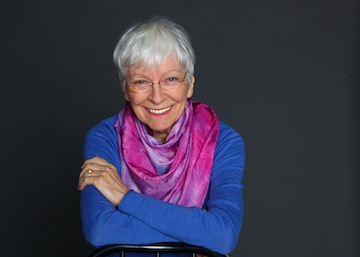Itamar Erez’s May Song is inventive on many levels.
The most difficult thing for artists to do, and the aim which is most central to their consciousness, is to create something original, something new, something that is their own. We recognize the music of the greats because of their distinctive musical signatures, and all artists work towards this, with varying degrees of success. Itamar Erez, as evinced on his five previous recordings, and no less on his latest musical offering, May Song, is just such a distinctive artist – one with a voice and musical signature all his own.
An Israeli-Canadian guitarist, pianist and composer based in Vancouver, Erez is already quite celebrated, and deservedly so, and has been recognized by his musical peers and reviewers the world over (including the Jewish Independent). He is a globetrotter, musically and literally. His music is tinged with timbres, melodies and rhythms that evoke the confluences of the many cultures of the world.
Created and recorded in 2021, and released in October 2022, May Song is the most recent step on his musical journey, and it breaks new ground in a number of ways. Significantly, Erez’s guitar is not present here – the emphasis is on composing and improvising from the keyboard.
“Over the last three to four years, piano is definitely more my focus,” he said. “Music was written with the piano in mind, and involved some polyrhythms and layers that are not possible to be performed on the guitar without some overdubs, which was not the direction I wanted to take.”
Erez began his career as a writer of through-composed music for others to play. Though he still creates such compositions, he has evolved as a composer, and is in a creative phase where he celebrates the improvisational qualities of music.
“I think that there is a shift in my music over the years,” he said, “going from through-composed music and being a composer who writes for others in the early days to a composer/performer/improviser, where the improvising part is growing to be just as important as the rest.” About May Song, he said, “I felt that the best part of the music is in what happens in the moment. The tunes will sound different each time. So this is a time of letting go of controlling the music and letting it unfold.”
His collaborating musicians on this recording have been working with him regularly for some years now. Jeff Gammon on bass and Kevin Romain on drums are tremendously in sync with Erez, bringing out the nuances of his musical gestures and style. No less, his longtime collaborator on clarinet, the world-class and gifted François Houle, carries the melodies on several tracks.
Conceived, prepared and recorded during the pandemic, Erez describes the project on his Bandcamp page as being “all about, for me, emerging from darkness and doubt into lightness and joy….”
Picking up on this thought, permit me to put forward my own take on this progression in the recording – as the moods and content move, generally speaking, from darkness to light, from doubt and concern to resolution.
The album begins with “Chant,” an invocation, as it were. Beginning with sparse piano string harmonics, it moves into Middle Eastern-sounding modal patterns, finding in-between notes as harmonies, evoking maqam-like (maqam = Arabic mode) gestures. The music gives way to sweet chords, a simpler melodic setting, a chant with out-there harmonic invention, always questioning.
“Hourglass,” with its quick five-beat underpinning, evokes a state of restless anticipation. Here the polyrhythmic utterance is quite pronounced, as the clarinet states the melody in a different metrical frame. The ensemble is tight and the rhythmic threads are followed excellently. There is an interweaving of improvisations followed by an extended solo for drums.
About polyrhythms, and in the hope of clearing away any mental barriers to the enjoyment of the music, let me briefly explain the concept. Polyrhythmic work is the putting together of two different beat patterns simultaneously. In “Hourglass,” the repeated five-beat pulse is overlaid by a melody in a different beat pattern. This gives the music a sense of suspension, and may even sound improvisatory while being a compositional device. So it is freer and more indeterminate than a strict groove.
Track 3, “Catch Me If You Can,” continues this five-pulse underpinning, but is brighter and livelier, a playfulness, a glimmer of hope. It segues into a quick three-beat, and there is a conversation between this three and the five, free and harmonically uncluttered.
“You And Me” features a steady three-beat underpinning, with a sadder more contemplative mood. A call-and-answer dialogue gives way to a piano improvisation over the groove. A bass solo intervenes, and the dialogue continues until its plaintive ending.
“March” reintroduces the clarinet, and very much sounds like a movement out of darkness into light. The darker chords never take over the mood, though some darkness lingers. By turns, explosions of melody give way to broader strokes. The clarinet solo begins to soar, inviting all to break free.
“May Song,” the title track, opens by stating the melodic theme contemplatively, then gives way to a five-beat pattern overlaid with the theme in cross-rhythm. This is varied with a second theme, which is somewhat anthemic and declarative, yearning and even victorious. By the end, there is a sense of quietude, gratitude and resolution.
Finally, “Long Way Home” begins in a quiescent manner, with a bit of a crying voice, but it continues the declarative, resolved and personal statement previously arrived at. The piano is answered in bass and drums, and a dialogue ensues, giving way to a slow, patterned statement of increasing force. Yes, there may still be some darkness to be overcome, but we have arrived at a hopeful state nonetheless.
May Song is inventive on many levels – melodic, harmonic and rhythmic. Never idle, the music is varied, always searching, with an intensity even in its quieter moments. There is a mastery here, especially in the use of polyrhythmic elements, but complexity is always balanced with an enjoyable harmonic and melodic richness. Erez’s musicians all evince a depth of feeling and understanding that give the music great integrity.
About his future direction, Erez shared, “My upcoming album will be a duet album with Hamin Honari (an amazing Persian percussionist). We went to the studio for two days recording improvisations … this is the first time I did something like that, it felt very exciting.”
Speaking for myself, I truly look forward to following Erez on his continuing musical journeys. He is a singular artist of prodigious talent, to whose music it is always rewarding to listen.
May Song is available for digital download at itamarerez.bandcamp.com. For information about upcoming shows and all things Itamar Erez, visit itamarerez.com.
Moshe Denburg is a Vancouver-based composer, bandleader of the Jewish music ensemble Tzimmes, and the founder of the Vancouver Inter-Cultural Orchestra (VICO).

